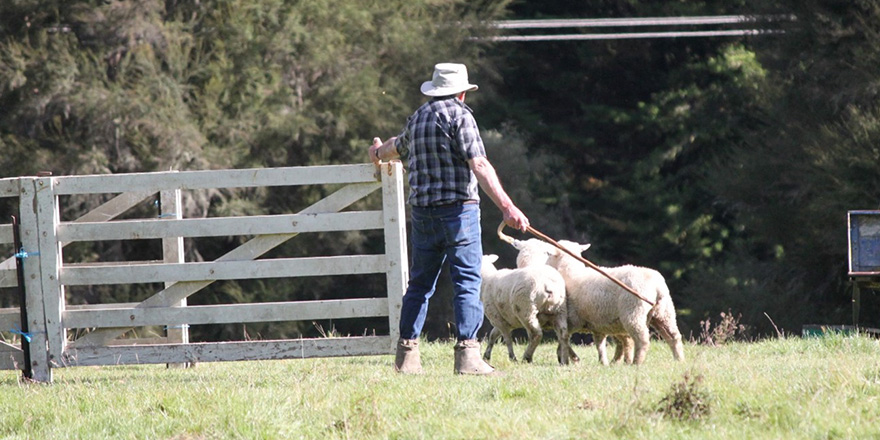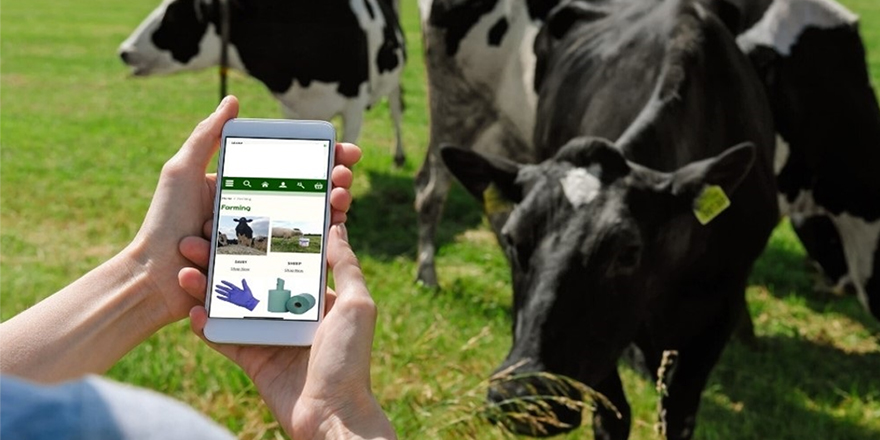
Executive Summary
Foreign Direct Investment (FDI) into rural land is a topic that most New Zealanders have an opinion on and in the past two decades has become an increasingly controversial and emotive topic. Our economy is driven from production using our land and water resources, this is seen as our competitive advantage – so the ownership of these resources is continually under the spotlight, regularly reported on and is a frequent political issue.
New Zealand also needs to broadly recognise the direct links FDI has with supplying our nation with much needed capital, continued and new access to offshore markets, innovation, and technology. Contentiousness around FDI has been centred around the sell down of our land assets (and by default our competitive advantage), with less consideration given to the immediate and downstream benefits.
This study aims to reflect on Foreign Direct Investment and provide an overview of where we are today, the numbers and trends, particularly in reference to the central South Island. It will explain how Foreign Direct Investment is governed and regulated in New Zealand and investigate our current legislative policy in New Zealand.
It was important to review national and regional literature on Foreign Direct Investment in New Zealand with a lens towards my home region of Canterbury and balance this with a series of interviews and case studies with farmers, rural professionals, academics and overseas investors. All parties have been selected to seek a balanced view of the impacts of Foreign Direct Investment in the central South Island since 2005. And where are we heading?
The key findings and recommendations from the report show:
- As New Zealand farmers become more sophisticated in their approach to business, we are seeing more happening in the <25% investment space, “It’s New Zealanders accessing strategic capital offshore, not the other way around”.
- Access to the ‘right’ capital is fundamental to our country’s long term prosperity, we need a balanced approach towards finding the right type of investor. The opportunity exists to further grow our agri-economies by partnering and co-investing.
- The Overseas Investment Office (OIO) will continue to face a challenge in applying the purpose of the Act. The current legislation is accommodating the easy wins for New Zealand i.e. forestry investment and viticulture. Tension remains around our pastoral activities.
- The regulatory framework from which foreign ownership is governed is key and needs regular review. The consensus is we nearly have this legislation right.
- There is an ease in attracting FDI to New Zealand, it includes our open and business-friendly economy, low levels of corruption, good protection of property rights, high living standards, political stability and advantageous tax policy.
- There is broad acknowledgement that it is a privilege for New Zealand businesses to access FDI and do what they are doing. OIO restrictions are not only a benefit to the nation, but give any business operating in this space clarity about what is expected.
The conclusions and recommendations in this report are targeted at any party wanting a greater understanding of Foreign Direct Investment, the impacts, benefits and future considerations.




